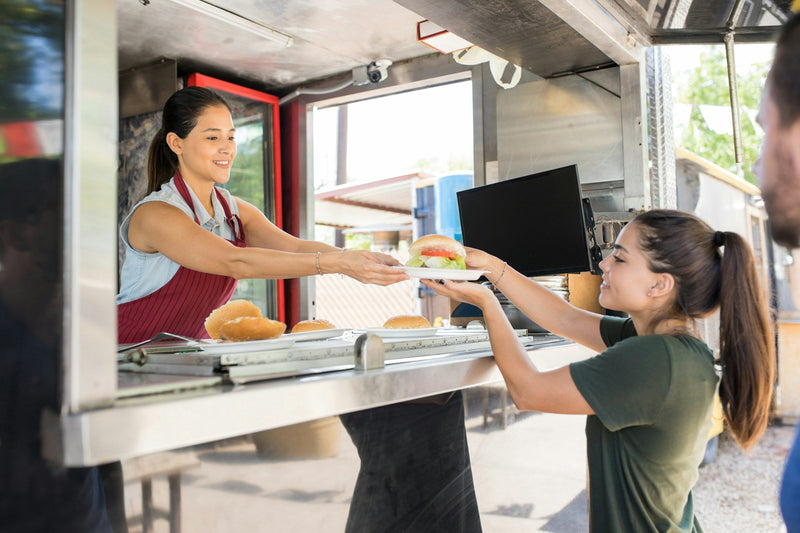Food Truck Business: Pros and Cons
Discover the Pros and Cons of Starting a Food Truck Business. Learn About Its Benefits, Challenges, and How to Navigate This Thriving Industry.
Product added to cart

Discover the Pros and Cons of Starting a Food Truck Business. Learn About Its Benefits, Challenges, and How to Navigate This Thriving Industry.